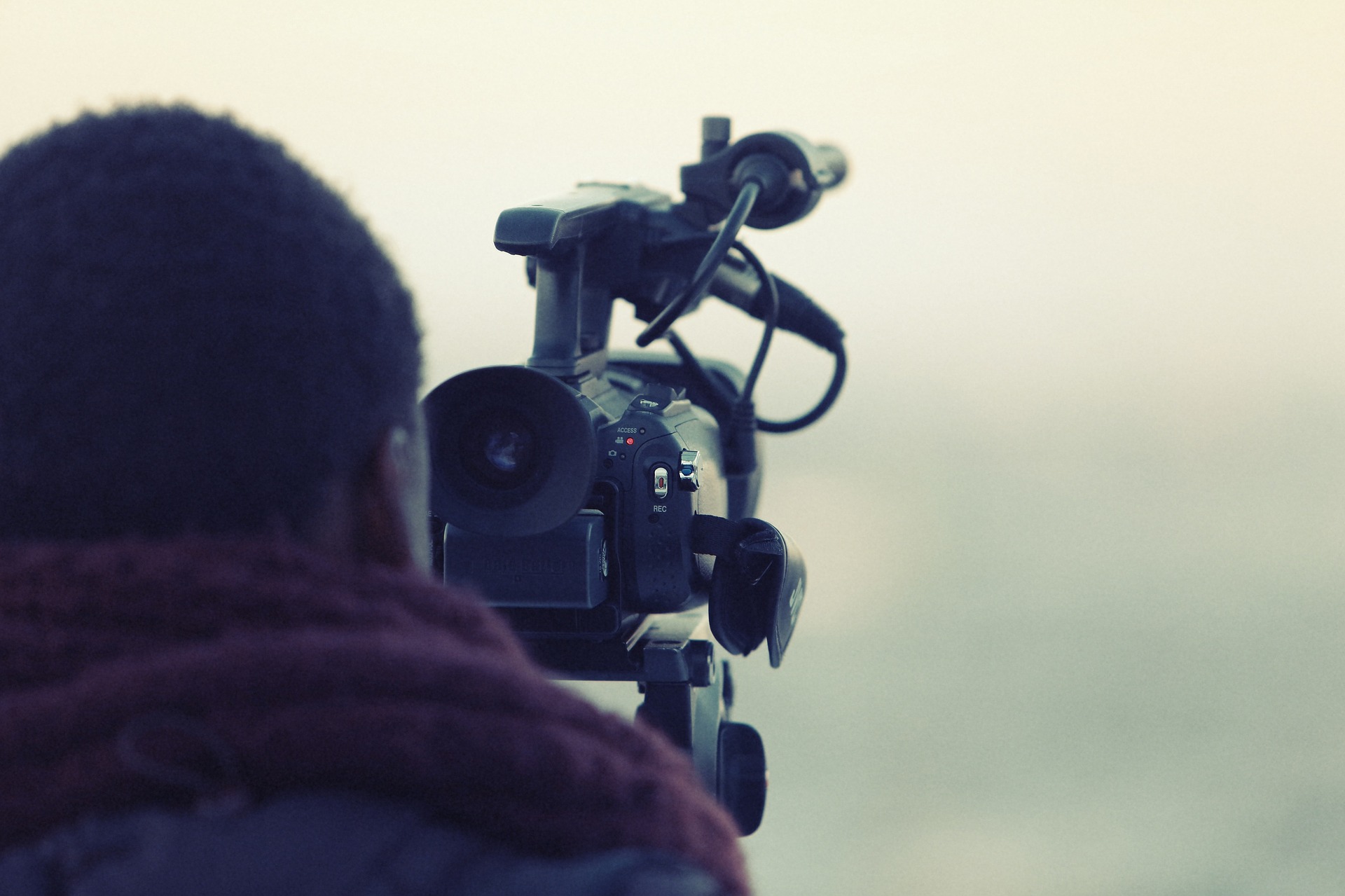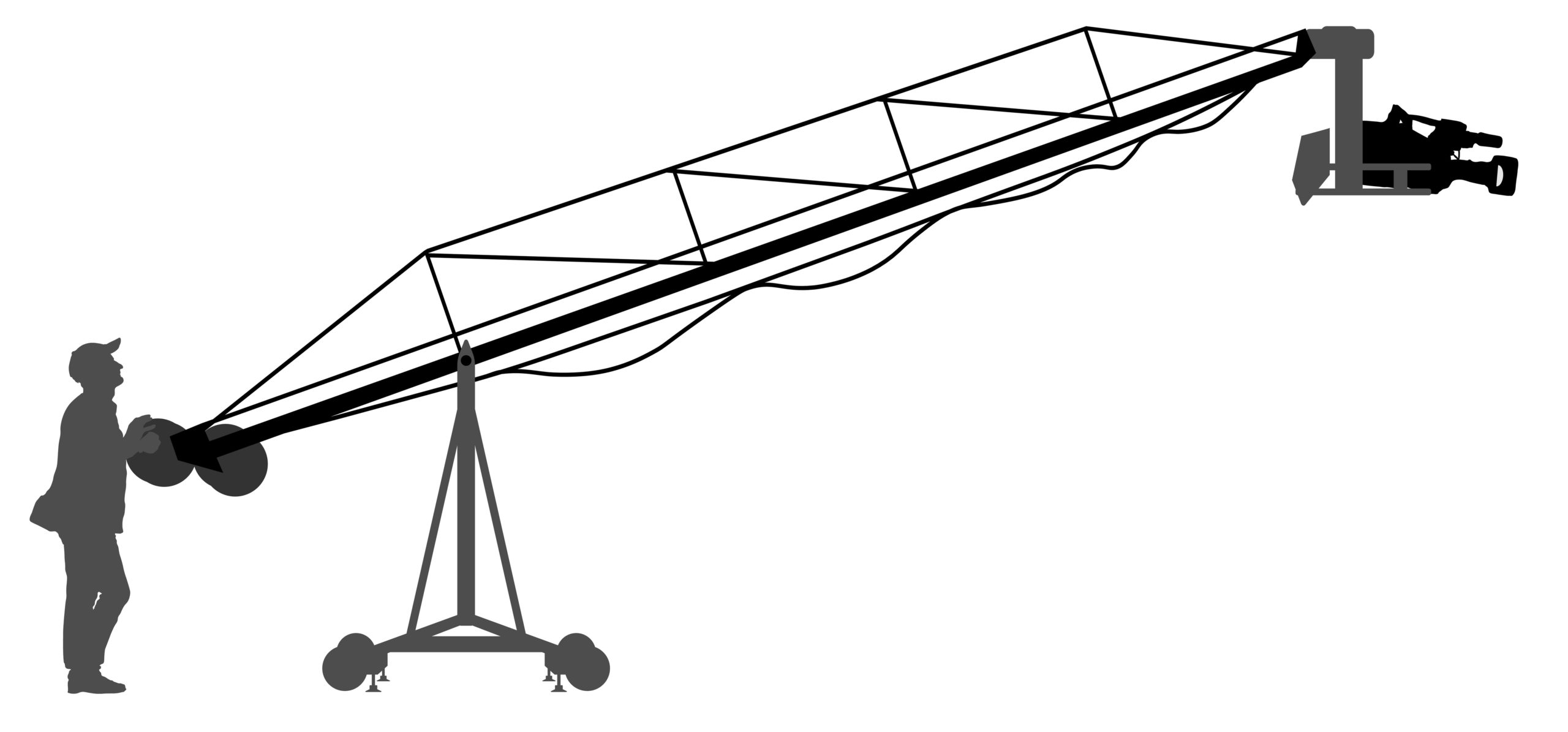What the Cameraman sees through the lens
In last week’s article we discussed the role of the Director, and this week we will be talking about the camera operators and what they see behind the lens. We will discuss how they prep, what they focus on, and their importance in film production overall. Their role is just as important as the Director. The cameraman or camerawoman brings the Director’s vision to life. The main part of their job is to record the action flawlessly. It is important for them to work hand-in-hand with the Director so that the vision is clear. That can’t be all they do. What else comes with this job?
The Prep!
First things first, the camera operator has to set up in the specified location. This could require climbing 20 to 50 feet in the air to place a camera or just right in front of a stage. It all depends on the production and what shot angles are needed. Another important factor is budget. If the production is well-funded you could have a good amount of assistants to help with setting up but if not, you could be doing a lot of heavy lifting and moving. This goes for camera placement as well. You could have cranes that lift the camera for you or you could be scaling a tower yourself to get the perfect shot. Equipment accessories are a nice touch but don’t expect them. Be prepared to do the work.
The Expectations of Being Behind the Lens
Aside from heavy lifting, you may ask what else is required of a camera operator? Well, standing for long periods of time is a must as well as multitasking! While filming, you have to keep an eye on your composition, the rule of thirds, and small details required in each scene. You have to be creative with your shots due to the competitive feat of this job. Unique and mesmerizing shots will put you ahead of the game. Camera operators must have great vision and excellent hand-eye coordination. Also, with this job comes crazy schedules, so you want to keep your availability flexible. Overall, you need to be determined, patient, and full of endurance. That’s not too much to ask, right?
How to get the JOB!
Lastly, I will discuss how to get the job behind the lens. Most employers looking for camera operators prefer them to have a minimum of a Bachelor’s degree in Film. You can also work as a production assistant for a while and work your way up. Experience is always preferred over just a degree. Having both will give you a higher chance of getting the callback. You should keep a portfolio of all your work and references that can vouch for your skills and character. Resume building is key, especially in this field. You want to give your future employer a taste of your skills so they know you are one-of-a-kind. For more information on how to build a resume for this field check out the link below:
ABOUT THE AUTHOR
Shelby Bercegeay
Student Author - Summer 2021
I am a Digital Media Production Major. I am skilled in Adobe Audition, Adobe Premiere, and Adobe After Effects. I enjoy graphic design and creating my own music with Ableton Live Push. I am a local DJ who also does videography and audio recording. I enjoy doing live sports broadcasts. I am a fast learner and I enjoy learning new skills.







